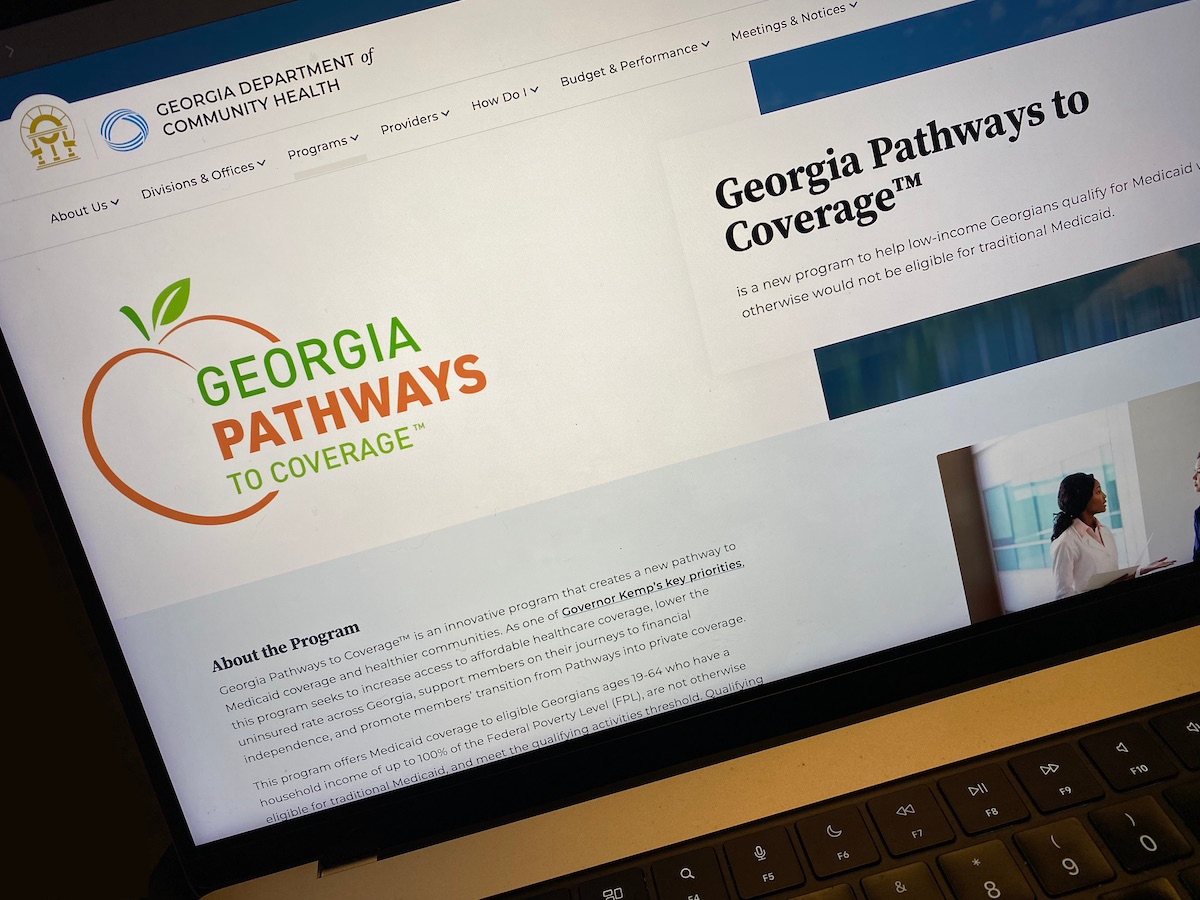
Just over one year after it came into effect, Georgia’s alternative to Medicaid expansion is not living up to its promise, according to an Atlanta-based policy research organization.
The Georgia Budget and Policy Institute is a frequent critic of the policies of Governor Brian Kemp and Republican lawmakers. It cites delays in processing applications and tough eligibility requirements as problems with the current system.
Projected to cover between 31,000 and 100,000 people, Georgia Pathways to Coverage – Kemp’s alternative to full Medicaid expansion – instead had just 4,323 enrollees as of last month. According to GBPI, some 38% of applicants have yet to have their applications processed.
Getting coverage, even after an application is processed, is not easy. GBPI says that just one in five applicants are accepted for coverage.
“Unfair paperwork requirements and other bureaucratic hurdles are keeping hard-working Georgians from getting covered,” said Laura Colbert, Executive Director of Georgians for a Healthy Future, which partnered with GBPI in criticizing the Pathways program.
Upon its launch in July 2023, Kemp called the Pathways program, “an innovative, Georgia-centric approach to providing health insurance coverage to low-income individuals.” The program offers subsidized health care coverage to people making up to the federal poverty line in yearly income. That’s about $15,000 for an adult. In exchange, the recipient must spend at least 80 hours a month at work, in school, or doing community service.
“With less than 2% of the eligible population reached, and countless Georgians still outside the healthcare safety net, it’s clear that we need a more inclusive and streamlined approach,” said Leah Chan, GBPI’s Director of Health Justice. “Regardless of next steps, taxpayers deserve transparency and accountability regarding the significant investment they’ve made in this program so far.”
GBPI isn’t the only organization shining a light on Pathways’ possible shortcomings. A March 2024 investigation by KFF Health News found that more than 90% of the program’s $26 million price tag has gone towards administrative and consulting costs.
This article comes to Now Habersham in partnership with WUGA







